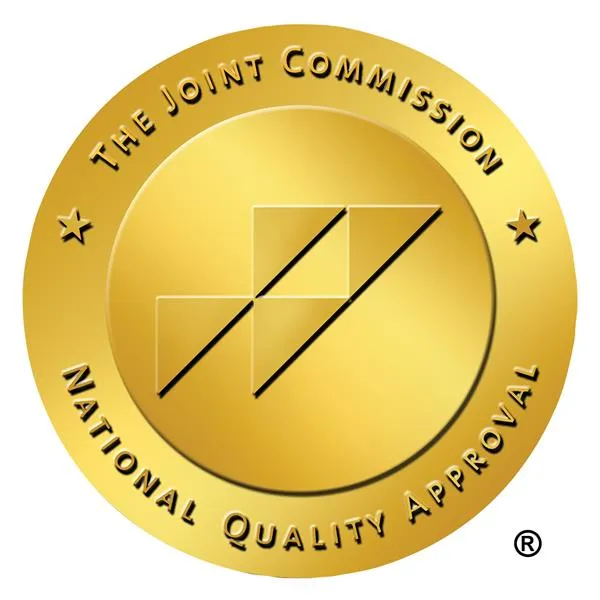People of all ages need and thrive on genuine connections. Numerous studies support the idea that having a network of friends or a social support group is good for one’s job satisfaction and psychological and physical well-being. However, it’s harder to cultivate social relationships when you’re constantly traveling for work. This is what travel nurses deal with regularly; they go to different states and facilities and it might be challenging for them to build relationships and battle loneliness.
In this article, we discuss the negative impact of loneliness and social isolation on travel nurses and provide ways in which they can create and maintain genuine connections while on assignment.
The negative impact of loneliness and social isolation
Loneliness is defined as a “distressing experience that occurs when a person’s social relationships are perceived by that person to be less in quantity, and especially in quality, than desired.” Meanwhile, social isolation refers to the lack of social bonds or ties.
Experiencing loneliness and social isolation can lead to physical and mental health issues. The Centers for Disease Control and Prevention (CDC) reports that adults aged 50 and older are at an increased risk of dementia, heart disease, stroke, depression, anxiety, and even premature death.
Healthcare workers are not immune to loneliness, social isolation, and the negative consequences of such experiences. A 2022 study involving healthcare workers in Australia during the height of the Covid-19 pandemic revealed that reduced contact with family and friends, increased familial conflict, and living alone increased the odds of loneliness.
Loneliness was also tied to higher burnout rates; nurses who feel great feelings of loneliness experience greater rates of burnout from work. Nurses must cultivate a social connection with their peers, friends, and loved ones to battle loneliness, social isolation, and burnout.
Essential tips to combat travel nurse loneliness
Connect with your coworkers
Travel nurses must make genuine connections with their coworkers, whether staff nurses or fellow travel nurses going through the same experiences. Not only does networking open the doors for more job opportunities and enhanced skills, but it also contributes to job satisfaction.
Connecting with coworkers isn’t just for outgoing and extroverted people. Introverted people can also network with others. If you’re a bit shy, start small. Say hi and smile to team members, ask questions, be helpful, and look for commonalities such as shared passions or interests.
Join groups and classes
Certain activities allow you to hit two (or more) birds with one stone. When you join interest groups, such as fitness, book, and gaming clubs, you can have fun, learn new things, stay physically, mentally, and emotionally healthy, and build meaningful connections with like-minded individuals.
You can also explore classes that can help you develop new skills and meet new people. These include cooking, public speaking, foreign languages, and art classes. Not only that, but you can also volunteer for nonprofit organizations and groups that resonate with or align with your values and interests, such as soup kitchens and animal shelters.
Actively work on maintaining your relationships
Combatting loneliness and social isolation doesn’t end with meeting new people. You have to work on maintaining your relationships both old and new. If you’re traveling alone, schedule quality time with your loved ones and friends, and make sure to call or message them regularly. If your loved ones’ schedules allow, discuss if they can stay with you for a few days or weeks.
Seek help
If your feelings of loneliness and social isolation are negatively impacting the way you live, such as going through prolonged depression, social withdrawal, and substance misuse, it might be wise to consider seeking professional help from a therapist or a mental health professional. Speaking with a therapist can help you work through issues that are hindering you from connecting with others and aggravating feelings of loneliness and isolation.

